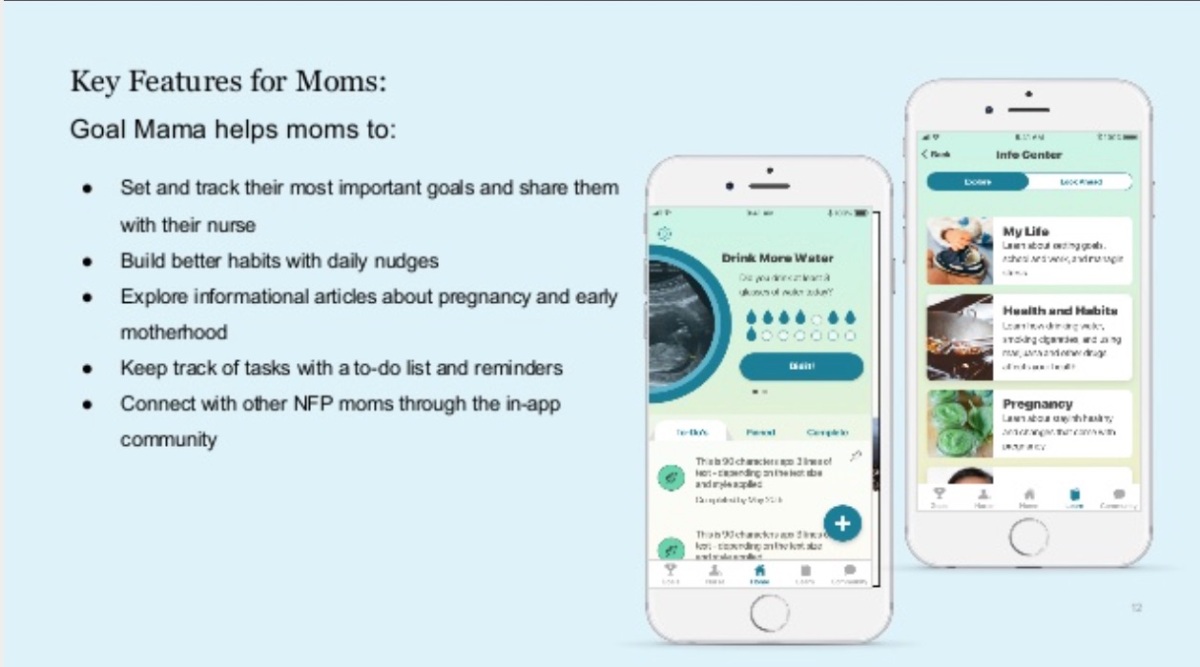A Teacher’s Scorecard for Democratic 2020 Hopefuls
This time around, teachers unions have announced their intention to cast a wider net for member opinions. I’m happy to step up.
The 2016 presidential elections were not exactly a high point for the two national teachers’ unions, the National Education Association and the American Federation of Teachers. Leaders took heat for jumping in with what many believed was a premature endorsement of Hillary Clinton involving too few rank and file voices. So this time around, the unions have announced their intention to cast a wider net for member opinions.
I’m happy to step up. So how should a K-12 teacher score each of the many Democratic hopefuls? We are still many months out from the primaries, so we have plenty of time to settle on some criteria.
Below Basic
The Below Basic candidate thinks that charter schools are just public schools with the word “charter” in their name. They think a “merit pay” system would be great for teachers and students, and while they understand the problems teachers face in some states that created the conditions for a strike, they wish that the teachers had found some way to express their concerns without disrupting the school year. To get information about education policy, they talk to Democrats for Education Reform. They also consult with right-tilted think tanks like Fordham Institute because they’ve seen that name come up in lots of articles about education policy.
Below Basic candidates also say they understand that high stakes testing can be annoying, but, hey, testing is a part of life, and how else will you know that schools are doing a good job? They don’t have an actual education policy statement, but they do occasionally bring up A Nation at Risk and talk about CONTINUE READING: A Teacher’s Scorecard for Democratic 2020 Hopefuls - Progressive.org












